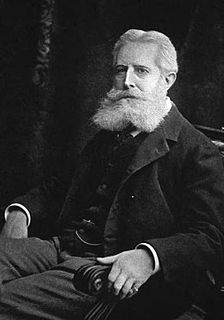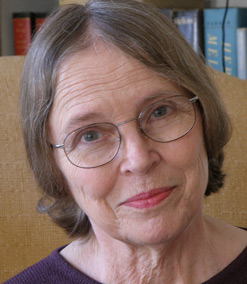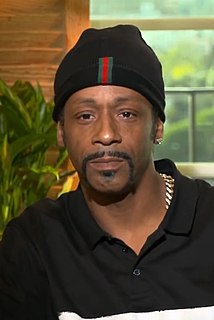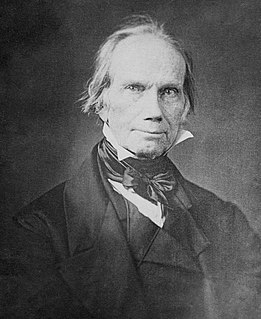A Quote by Edward Bulwer-Lytton, 1st Baron Lytton
The poet in prose or verse - the creator - can only stamp his images forcibly on the page in proportion as he has forcibly felt, ardently nursed, and long brooded over them.
Related Quotes
Isn't it curious how one has only to open a book of verse to realise immediately that it was written by a very fine poet, or else that it was written by someone who is not a poet at all. In the case of the former, the lines, the images, though they are inherent in each other, leap up and give one this shock of delight. In the case of the latter, they lie flat on the page, never having lived.
How well I know what I mean to do When the long dark Autumn evenings come, And where, my soul, is thy pleasant hue? With the music of all thy voices, dumb In life’s November too! I shall be found by the fire, suppose, O’er a great wise book as beseemeth age, While the shutters flap as the cross-wind blows, And I turn the page, and I turn the page, Not verse now, only prose!
It was an unforgettable picture to see Chopin sitting at the piano like a clairvoyant, lost in his dreams; to see how his vision communicated itself through his playing, and how, at the end of each piece, he had the sad habit of running one finger over the length of the plaintive keyboard, as though to tear himself forcibly away from his dream.
Those who profess contempt for men, and put them on a level with beasts, yet wish to be admired and believed by men, and contradict themselves by their own feelings--their nature, which is stronger than all, convincing them of the greatness of man more forcibly than reason convinces them of his baseness.





































